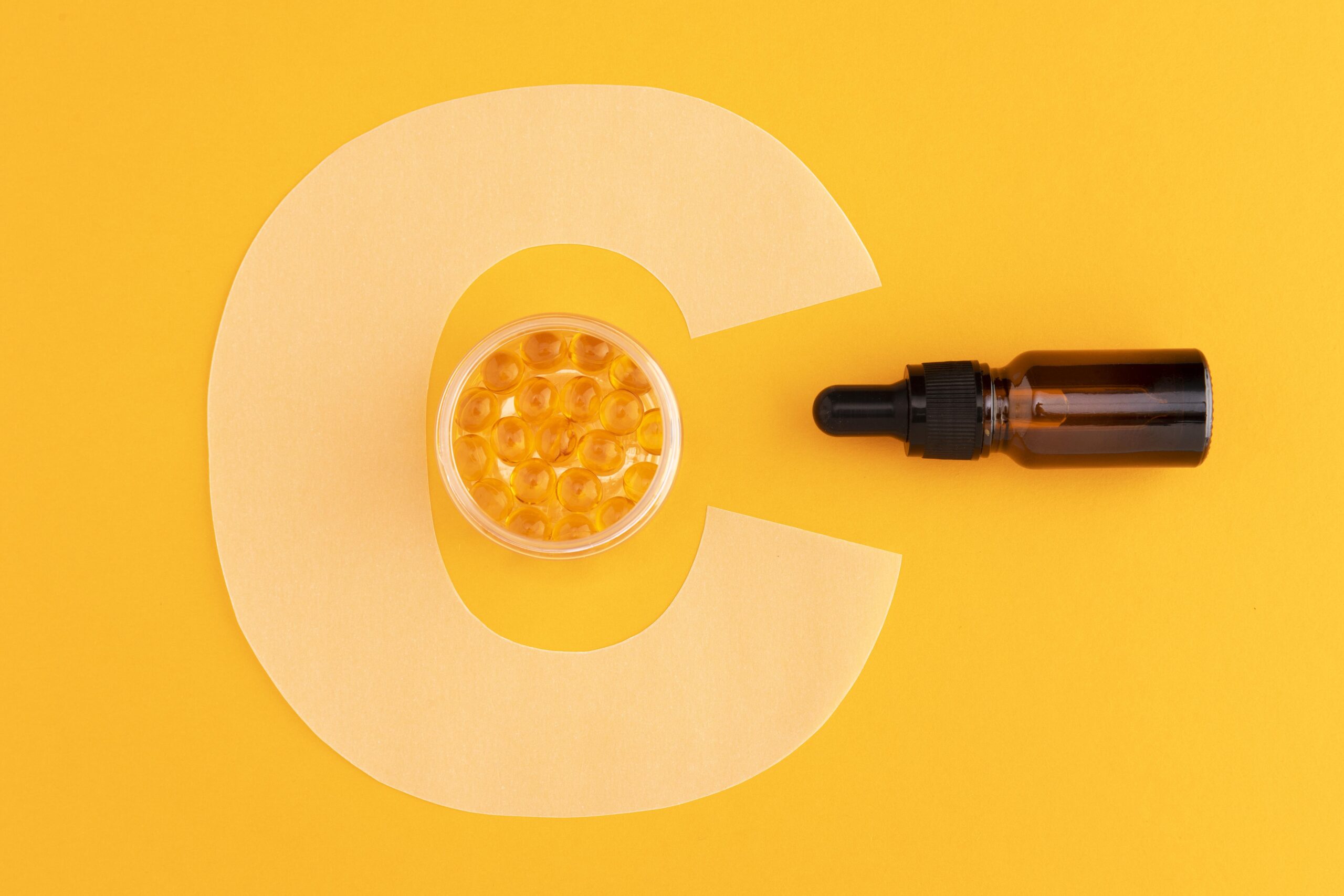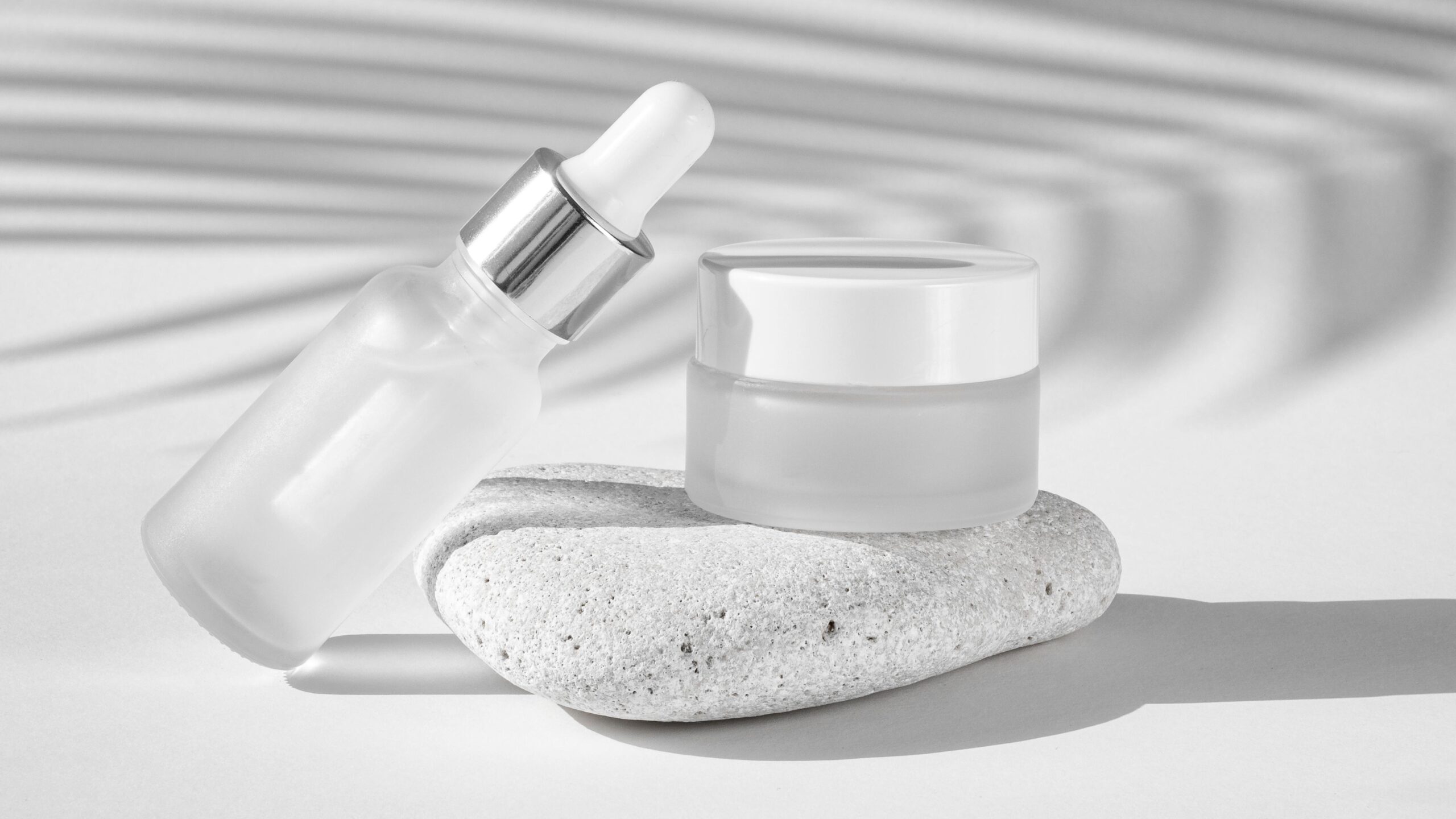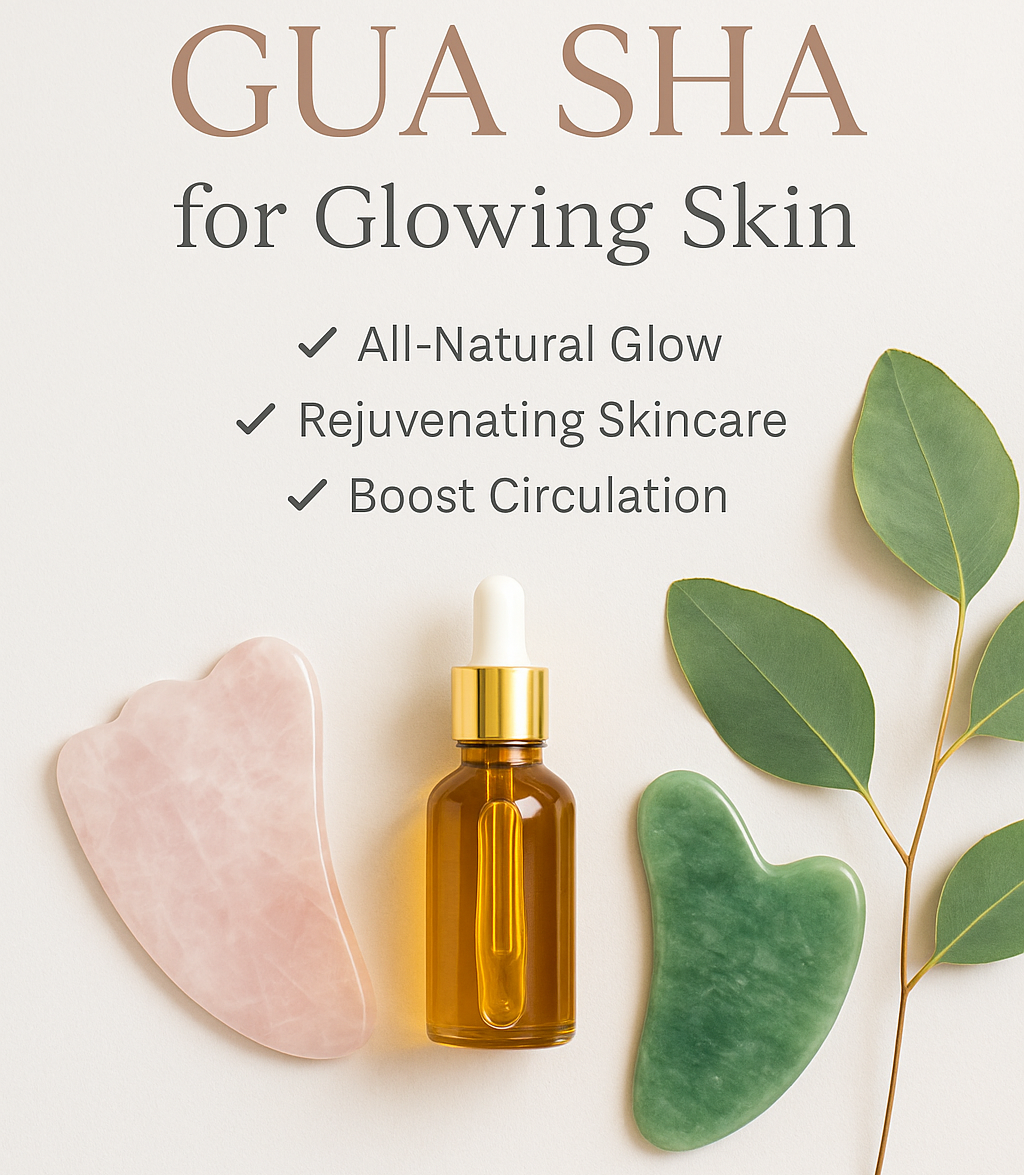When it comes to achieving radiant, youthful skin, one ingredient consistently stands out: Vitamin C. This powerful antioxidant is a favorite in the skincare world for its ability to brighten dull complexions, fade dark spots, and protect against environmental damage. But what makes Vitamin C such a must-have in your routine, and how can you use it effectively?
Let’s dive into the skin-transforming magic of Vitamin C and how it can help you unlock brighter, healthier skin.
What Is Vitamin C in Skincare?
Vitamin C (also known as ascorbic acid) is a water-soluble vitamin found naturally in fruits and vegetables like oranges, strawberries, and bell peppers. In skincare, it’s used in topical form—often as a serum—to deliver targeted antioxidant and brightening benefits directly to the skin.
Benefits of Vitamin C for Your Skin
1. Brightens Dull Skin
Vitamin C helps inhibit melanin production, which can reduce the appearance of dark spots, hyperpigmentation, and uneven skin tone. The result? A radiant, more even complexion.
2. Boosts Collagen Production
Vitamin C plays a key role in collagen synthesis, which helps maintain skin’s firmness and elasticity. This makes it a great anti-aging ally that helps smooth fine lines and improve skin texture.
3. Fights Free Radical Damage
As an antioxidant, Vitamin C neutralizes free radicals from pollution, UV rays, and stress—helping to prevent premature aging and protect your skin barrier.
4. Reduces Hyperpigmentation
Whether caused by acne scars or sun damage, Vitamin C can help fade spots and restore a more uniform skin tone with consistent use.
5. Improves Overall Skin Health
Regular use of Vitamin C strengthens the skin barrier, improves hydration, and helps maintain a youthful, healthy glow.
How to Use Vitamin C in Your Skincare Routine
- Apply in the morning for maximum protection against environmental stressors.
- Use a serum with 10–20% concentration of Vitamin C for optimal results.
- Layer it under sunscreen to boost UV protection.
- Store it in a dark, airtight bottle to prevent oxidation and degradation.
Pro tip: If you have sensitive skin, start slowly—2–3 times per week—and opt for gentler derivatives like sodium ascorbyl phosphate.
Things to Keep in Mind
- Vitamin C may cause slight tingling on first use.
- Avoid using it with ingredients like benzoyl peroxide or retinol in the same routine unless advised by a dermatologist.
- Over time, Vitamin C can oxidize and turn brown—when that happens, it’s time to toss it!
Choosing the Right Vitamin C Product
Look for products that:
- Contain L-ascorbic acid (the most potent form of Vitamin C)
- Are formulated with vitamin E and ferulic acid (these enhance stability and effectiveness)
- Have a pH of 3.5 or lower for better absorption
Final Thoughts
Vitamin C is a powerhouse ingredient that can dramatically improve the tone, texture, and overall health of your skin. Whether you’re battling dullness, dark spots, or fine lines, adding a Vitamin C serum to your skincare routine can give you that coveted glow.
With consistent use and proper sun protection, you’ll start to see brighter, smoother, and healthier-looking skin—naturally.





